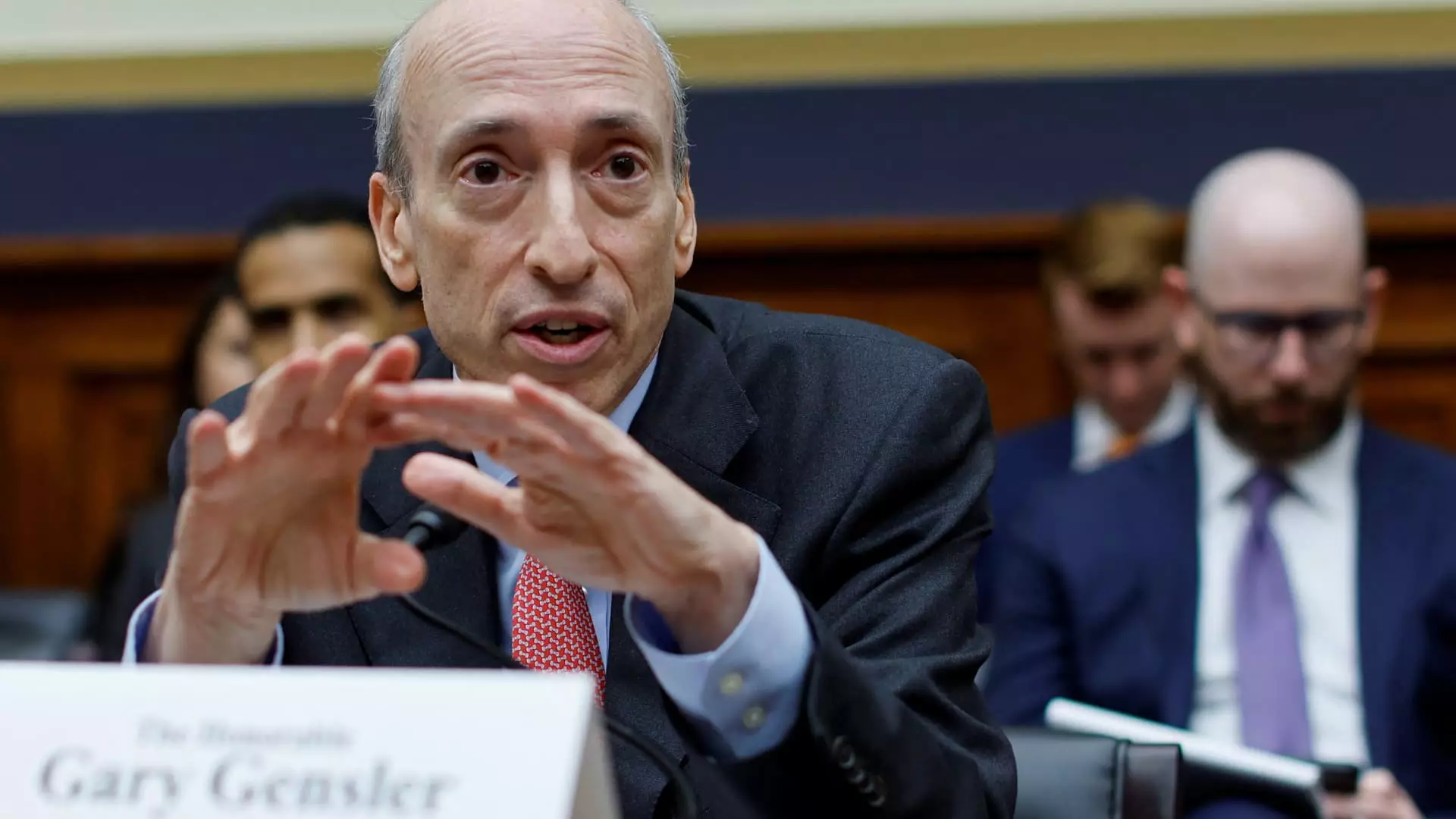During a notable address at the Practising Law Institute’s 56th annual securities regulation conference, Securities and Exchange Commission (SEC) Chairman Gary Gensler delivered remarks that seemed to signal an impending departure from his leadership role. Since stepping into the position in April 2021, Gensler has been a pivotal figure in navigating through turbulent waters in financial regulation. The chairman expressed his esteem for the SEC, calling it “a remarkable agency” and stressing the honor of serving an institution that plays such a fundamental role in upholding integrity in the U.S. capital markets.
In his speech, Gensler took a step back and reflected on his accomplishments, particularly regarding disclosure requirements. The SEC’s initiatives during his tenure encompass a range of new rules aimed at enhancing transparency, including mandates for companies to disclose significant data breaches and the relationship between executive compensation and organizational performance. However, while he acknowledged these advancements, Gensler glossed over the more contentious issues, notably the climate disclosure rule that has attracted legal challenges, hinting at the polarizing nature of regulatory reforms in today’s landscape.
Gensler also spotlighted shifts in market structure, emphasizing his role in implementing measures aimed at streamlining operations in treasury transactions and reducing the settlement cycle for equities. These reforms suggest a proactive approach to modernizing securities trading, allowing financial markets to respond more swiftly to real-time demands. The introduction of rules permitting stocks to be quoted in fractions smaller than a penny offers a glimpse into a regulatory philosophy that favors increased fluidity and responsiveness to market dynamics.
Amid the ongoing debates surrounding cryptocurrency, Gensler reaffirmed his commitment to regulating this rapidly evolving sector. His repeated insistence that while Bitcoin may not be classified as a security, many other digital assets likely fall under the SEC’s jurisdiction demonstrates his assertive stance on accountability in digital finance. By delineating clear regulatory responsibilities for sellers and intermediaries in the crypto space, he highlighted the SEC’s intent to mitigate risks that have historically plagued this industry, including significant investor losses stemming from inadequate oversight.
Gensler’s acknowledgment of the lack of sustainable use cases for many crypto assets reflects a broader skepticism of their long-term viability. This standpoint may resonate with traditional investors wary of the highly speculative nature often associated with digital currencies. The emphasis he placed on investor protection underscores a consistent theme throughout his leadership—prioritizing the welfare of American households navigating the intricacies of financial markets.
In concluding his address, Gensler praised the SEC’s dedicated workforce, suggesting a strong sense of camaraderie and shared mission in safeguarding the financial interests of the public. Although he refrained from explicitly announcing resignation, the sentiment conveyed may indicate a nuanced phase of reflection about his legacy. This farewell-like tone invites contemplation on the future trajectory of the SEC, as it seeks to address emerging challenges while adhering closely to its foundational mandate of transparency and investor protection.
Ultimately, Gensler’s tenure may well be judged by how effectively the SEC balances innovation with oversight in an increasingly complex financial environment, ensuring that it continues to serve as a pillar of integrity in global markets.


Leave a Reply